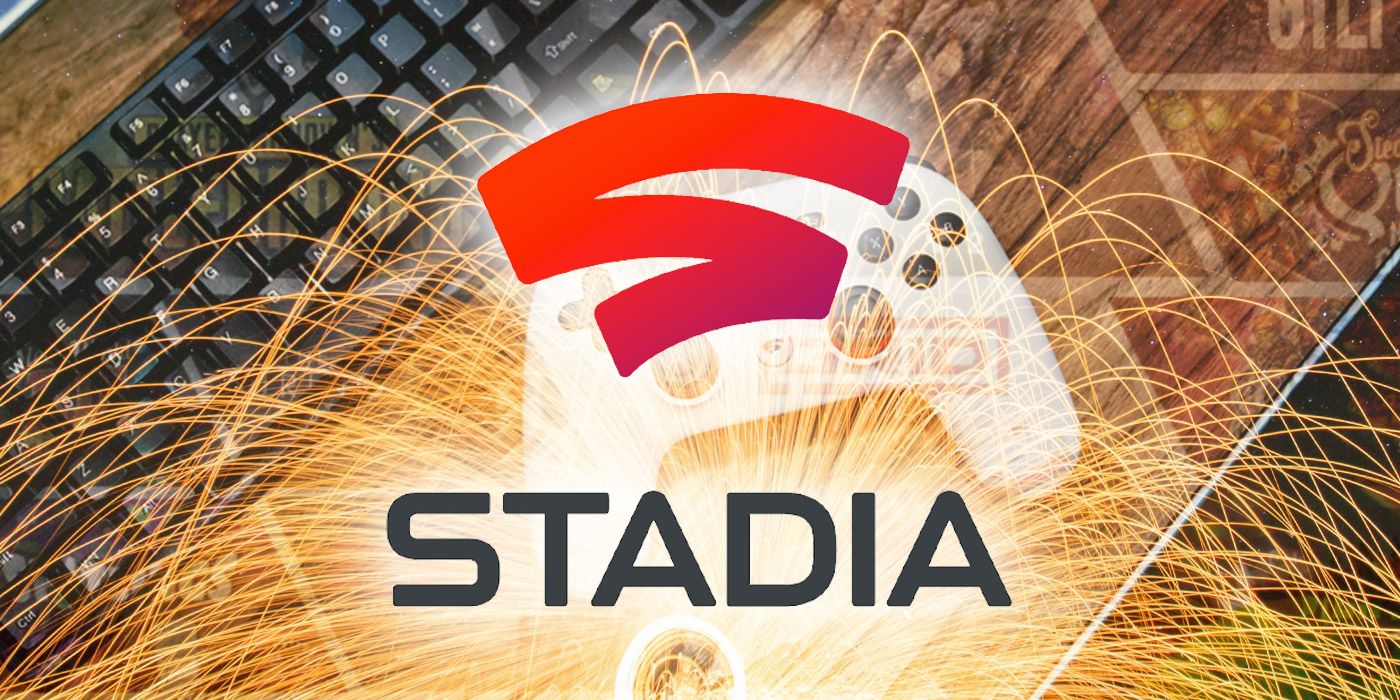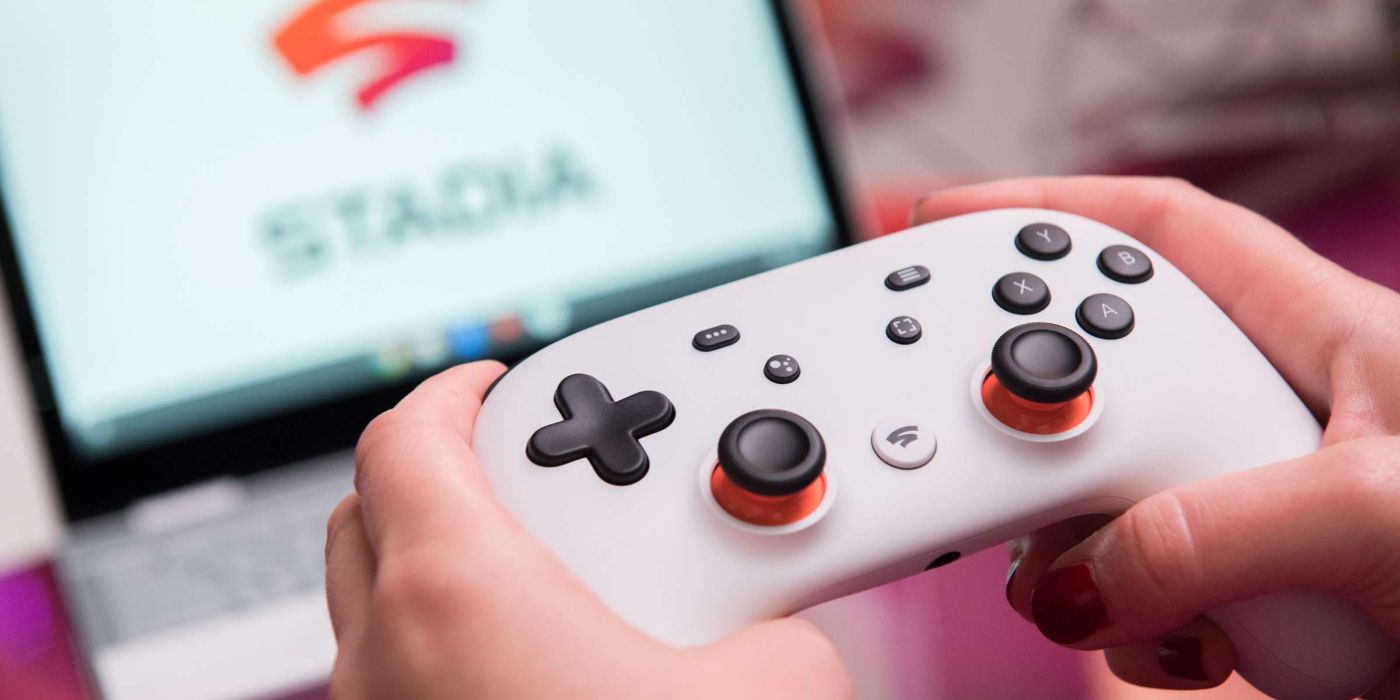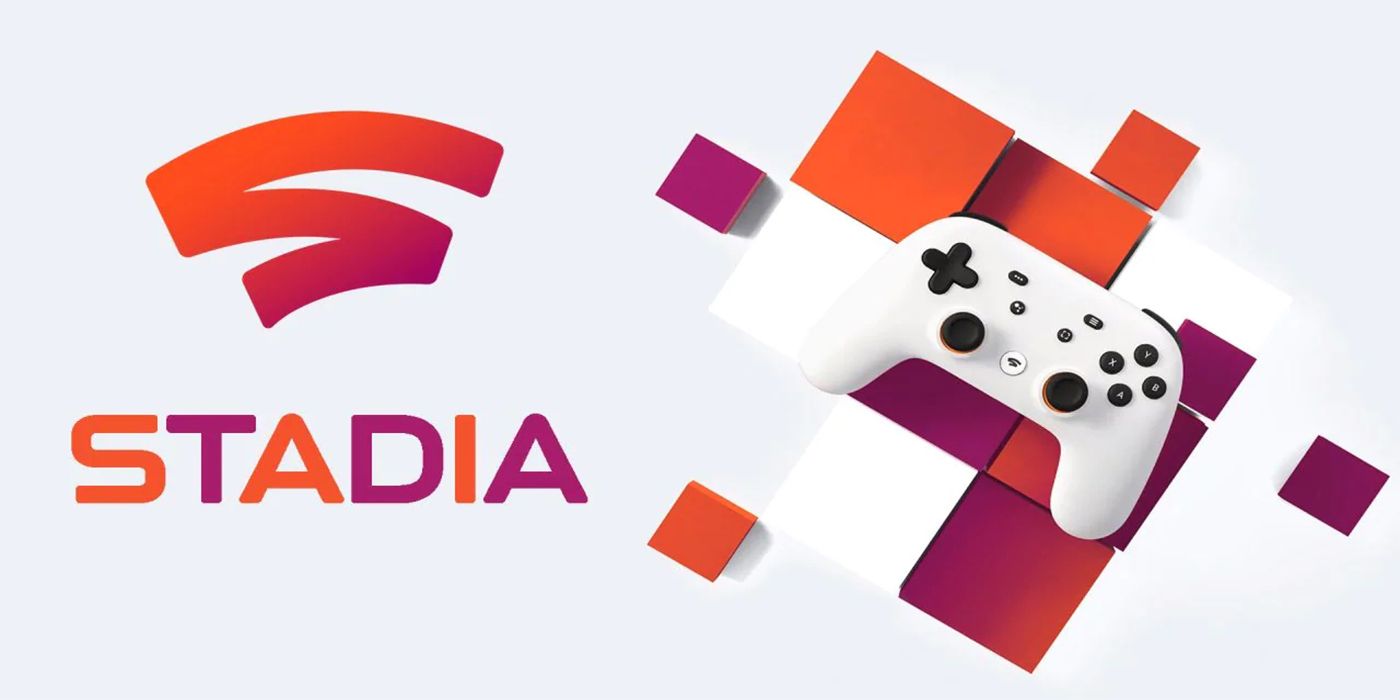
In November 2019, Google made headlines when it launched Stadia to revolutionize the video game industry in favor of cloud streaming. While some players bought into the promise that Google offered, some were skeptical about whether Stadia could compete against the traditional way players consume their games.
However, with stiff competition from other services such as Nvidia GeForce NOW, PlayStation Now, and Xbox Game Pass, did Google really had the chance to break into the video game streaming market? Before its launch, Google announced that it would be creating its own video games to attract players to the service. However, with Google announcing that it is no longer interested in making its own games, what lies in the future of Stadia?
RELATED: Head of Cloud Gaming at Microsoft Says 'Games as a Service' is Becoming 'Games as Platforms'

The launch of Google Stadia fourteen months ago was supposed to be Google's way of transitioning the video game industry into cloud gaming. However, with video game giants such as Sony, Microsoft, and Nintendo developing their own cloud gaming projects, many wondered how Google Stadia would fare against its competitors. Google answered this question by stating that it will not only be in the business of cloud gaming, but it will be developing its own games that will be exclusive to Stadia.
Of course, this business model has been tried and tested in the video game industry, with Sony and Nintendo selling millions of PlayStations and Switch consoles due to their huge library of console-exclusive games. To achieve this goal, Google established its own gaming studio headed by Jade Raymond, who has served as executive producer on hit games such as Assassin's Creed 2, Splinter Cell: Blacklist, and Watch Dogs. Raymond had also founded Motive Studios in partnership with EA before leaving the company to head Google Stadia's internal game development team.
Unfortunately, after a disastrous launch, Google Stadia failed to make a solid impression in the video game industry, given that it was not able to make a single exclusive game for the service. This left subscribers playing games by third-party developers, which did not help Stadia entice players to the service, especially since it could not deliver on its promise of developing exclusive games.

In a massive announcement from Google, the company revealed that it is now closing its internal Stadia development studios. This means that Google will no longer develop its own games and will instead focus on lending its cloud gaming technology to third-party developers. It is worth noting that this isn't the end of Google Stadia as a service, as it will just be directing its efforts to allow developers and publishers to use Stadia's technology. Additionally, Google announced that Jade Raymond would be leaving the company to pursue other opportunities.
Of course, Google's latest decision is a massive blow to the future of Stadia, especially since the service has struggled to make an impact in the industry since the beginning. While Google still firmly believes that "having games streamed to any screen is the future" of the gaming industry, its gaming studio's closure means that Stadia has lost its unique value proposition, which is exclusive, cloud-first games. Sure, Google could still lead the industry when it comes to cloud gaming as long as it can offer the best streaming quality available on several devices. But, given that established companies such as Sony and Microsoft are pursuing their own streaming services, it would be difficult for Google to compete, especially since its competitors can offer games that cannot be played outside of their respective consoles. So why would players switch to Stadia if it has nothing unique to offer them?

